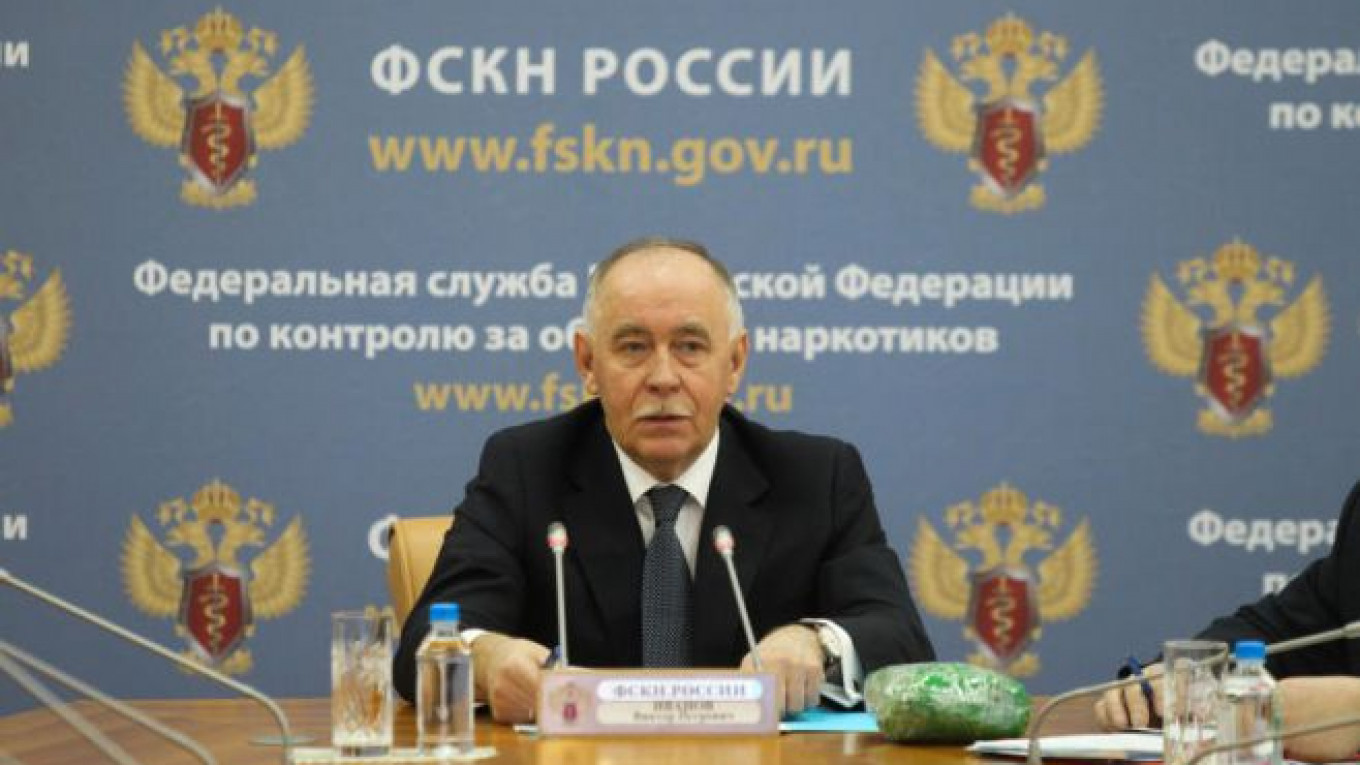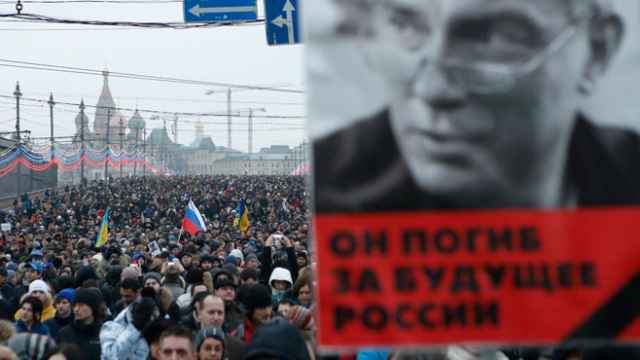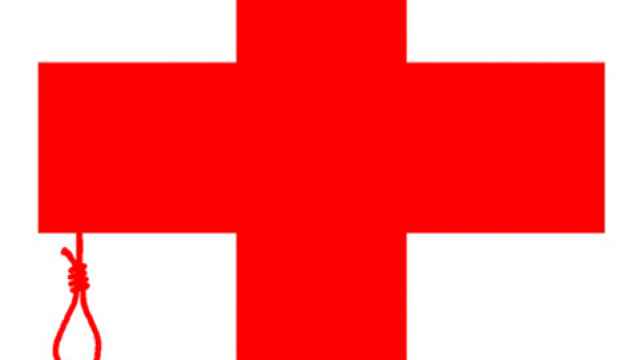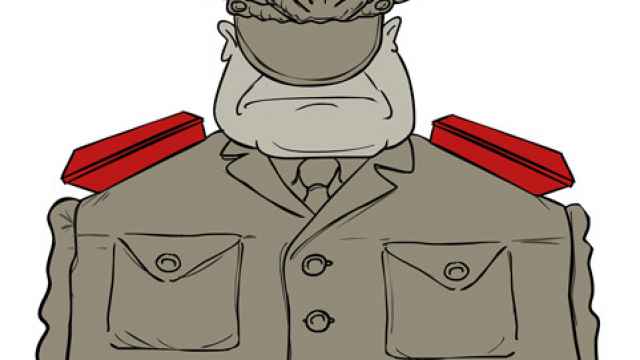According to a recent poll by the Levada Center, 88 percent of Russians over the age of 18 have never taken drugs outside medical prescription. Only 17 percent know someone who has used non-prescribed drugs, with an overwhelming 80 percent answering in the negative.
It is thus unsurprising that among this demographic, which has limited first-hand experience of drug use, 69 percent would favor drug testing in schools, 72 percent would approve of criminal charges against drug users and 75 percent are against legalization of "light" drugs such as cannabis.
It is fair to point out that Russia's experience with drug use is a fairly recent problem. Apocryphally, there was no sex in the Soviet Union. But there was also very little in the way of drugs or rock 'n' roll, too.
According to a 1971 United Nations Office on Drugs and Crime (UNODC) report, drug addiction was "not a serious problem in the Soviet Union."
But post-Soviet Russia's relationship with addiction has been fretful, to say the least. Having Afghanistan — producer of over 90 percent of the world's heroin — on the doorstep, porous post-1991 borders with states like Tajikistan, Kyrgyzstan and Kazakhstan forming the "northern route" of the Afghan opium trade soon made Russia the world's largest heroin consumer, with the UN putting it at number one in absolute numbers in 2010.
According to Viktor Ivanov, the head of the Federal Drugs Control Agency (FSKN), 90,000 people aged 15-34 die of drug overdose in Russia annually, down from 140,000 in 2003. Earlier this year, Ivanov estimated over 7 million drug users nationwide, with around 1.5 million of them heroin addicts.
According to The Lancet medical journal, Russia has the world's highest rate of injecting drug users (IDUs), at 1.8 million, with UNODC putting the number at 2.29 percent of the population. Among these, some 90 percent are also infected with hepatitis C.
In the 2000s, the "zombie drug" — flesh-eating "krokodil" — cooked at home from codeine pills with the addition of substances like lighter fluid and phosphorus, became popular despite a life expectancy of just a few years among addicts. Significantly cheaper than heroin and easy to make, some 65 million doses were confiscated in 2011.
Last fall, a mass drug poisoning killed over 40 people, with some 2,000 requiring medical assistance. The "new" culprit was "spice" — a type of synthetic cannabis which entered the Russian market in 2006-07. Cheap and readily available, it has come to replace krokodil, the use of which fell after the ban on non-prescription sale of codeine in 2012.
According to the FKSN, Russia's drug control service, synthetic drug use doubled in the past year, prompting anti-drug campaigner and Yekaterinburg mayor Yevgeny Roizman to tell The Guardian that heroin was yesterday's problem in Russia.
The mass poisoning has prompted stricter controls over classification of illegal substances to be introduced, but, according to Anna Sarang, the head of Russian NGO the Andrei Rylkov Foundation, the controls only exacerbated the situation by launching an arms race between chemists and legislators, the former restructuring banned compounds into potentially more dangerous, but still-legal ones.
It is perhaps no surprise that in 2009, then-President Dmitry Medvedev classed drug addiction as a threat to national security, followed by a 2010 directive from Putin to create a nationwide drug rehabilitation program.
But as often happens in Russia, these directives seemingly got lost in a web of corruption and bureaucracy. There are currently just four government-funded rehabilitation centers across the country, with total capacity of 200 spaces. Officially, there are about 500 independent rehab centers, with no control mechanisms or proper licensing.
Aside from stories of patient abuse and gross negligence cases, many of them adapt methods such as the Alcoholics Anonymous 12-step program, or faith-based programs. They are not enough to effectively tackle the problem of heroin addiction on a scale as massive and pervasive as Russia's.
Even more shockingly, opioid substitution therapy (OST) is still unavailable in Russia, with synthetic drugs such as methadone and buprenorphine remaining banned. The government continues to ignore evidence from countries like Portugal, where the success story of decriminalizing heroin has significantly brought down drug-related crime and HIV infections.
A systemic review by the British Medical Journal (BMJ) found that OST brings a 54 percent reduction in HIV infection; it is currently available in 80 countries worldwide. However, the head of FSKN has this to say: "There are no chemical drugs that treat alcohol or drug addiction. … By substituting one type of drug by another, we do not cure this person."
He went on to add that there are indications that methadone increases death rates and that medical success associated with methadone is a "myth." Ivanov suggested that the likelihood of someone progressing from cannabis to heroin is 50 to 60 percent.
The best example of the harmfulness of this approach is demonstrated by Crimea. Until a year ago, methadone treatment was available, but around 800 people were cut off from treatment by a Russian ban on OST. Those who could afford it moved to Ukraine proper to continue treatment, but the UN Special Envoy for HIV/AIDS in Eastern Europe and Central Asia Michel Kazatchkine estimated in January this year that 50 to 100 people have died as a result. The BMJ has expressed concern that Crimea's HIV epidemic, brought under control by OST, might make an unwelcome return.
On the positive side, a program to address drug trafficking and rehabilitation was adopted in 2014 that would include government subsidies to private clinics that meet appropriate standards of care. But, despite the fact that these clinics currently treat around 150,000 patients a year, Ivanov laments the lack of funds — the proposed 1.5 billion rubles.
There are, however, motions to decrease sentences on drug possession, which has seen some 400,000 people jailed in the past five years for private use.
In May 2014, a new law made it possible for judges to prescribe rehabilitation to known drug users, and over 20,000 such decisions have already been carried out.
The bitter irony is that there isn't really anywhere to send these mandatory patients to. The situation is further complicated by the fact that the FSKN is currently tasked with both prosecution and rehabilitation, which are more often than not conflicting missions, especially in an agency that is, according to its director, "small and compact."
To combat its multifaceted drug epidemic, Russia needs to drastically overhaul its attitude to rehabilitation. Instead, the head of its federal drug agency tells his international colleagues about "totalitarian sects" distributing methadone and spice at the Maidan protests in Kiev.
With this level of entrenchment and disregard for medical research among both the public and the government, it is difficult to see how Russia will move past associating drug use with criminality while continuing to implement destructive policies toward drug users.
Anna Pivovarchuk is the deputy managing editor and culture editor of Fair Observer.
A Message from The Moscow Times:
Dear readers,
We are facing unprecedented challenges. Russia's Prosecutor General's Office has designated The Moscow Times as an "undesirable" organization, criminalizing our work and putting our staff at risk of prosecution. This follows our earlier unjust labeling as a "foreign agent."
These actions are direct attempts to silence independent journalism in Russia. The authorities claim our work "discredits the decisions of the Russian leadership." We see things differently: we strive to provide accurate, unbiased reporting on Russia.
We, the journalists of The Moscow Times, refuse to be silenced. But to continue our work, we need your help.
Your support, no matter how small, makes a world of difference. If you can, please support us monthly starting from just $2. It's quick to set up, and every contribution makes a significant impact.
By supporting The Moscow Times, you're defending open, independent journalism in the face of repression. Thank you for standing with us.
Remind me later.






